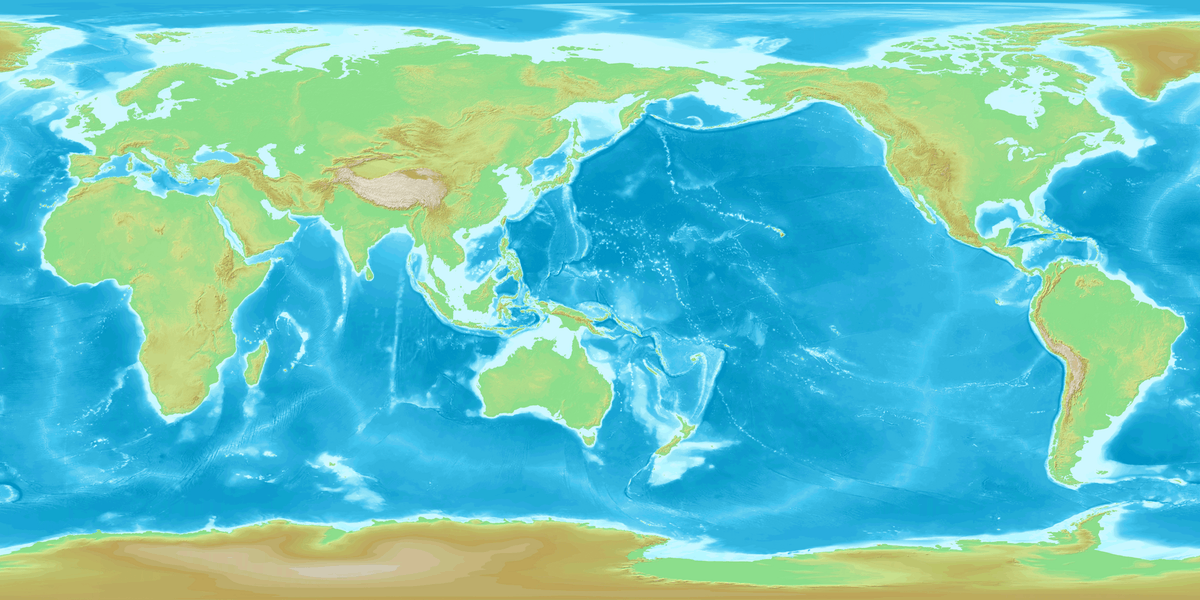
When the postcolonial meets the post-socialist
After the fall of the Berlin wall in 1989, a debate emerged amongst scholars about whether postcolonial studies could provide appropriate tools of analysis for post-socialist or post-Soviet situations and experiences. People voiced different views on the so-called applicability of postcolonial theory and status in the post-Soviet zone. On the one hand, a postcolonial body of thought developed for and (to some extent) from the global South seems unlikely to provide a ready-made stencil that fits one-to-one the lived experiences of those inhabiting what were once the socialist republics of east-central Europe. Clearly, these are enormously different contexts and situations. On the other hand, it might well be productive, and germane to configuring imaginative alternatives, to think about these contexts together. After all, structural inequalities tend to be unique in each of their many-varied manifestations, but also speak to and from logics and discourses echoed in other contexts.
Postcolonial studies have developed a language and a set of reading practices to tackle the consequences of imperial expansion as it emanated outwards from Europe into the global South. Given Europe’s histories of imperialism as practiced by the Prussian, Ottoman, Habsburg, and Russian Empires, Europeans were no strangers to continental expansion. The discourses underpinning ‘internal’ and ‘external’ expansion have long been enmeshed. As overseas colonial expansionist projects gained momentum amongst west European powers in the 1880s, many east-central European nations without colonial dominions overseas, and little hope of gaining them, regarded Europe itself as the space in which their expansionist ambitions would have to be realised.
The colonial thrust of tsarist Russia’s outward expansion for one, particularly in Central Asia, is largely granted, and even included its own disciplinary Orientalism. The Soviet Union, which can be read as the successor to the Russian empire, inherited a colonial legacy which it went on to perpetuate – a continuity evidenced, for instance, by Lithuanian government documentation describing “colonisation” dating from tsarist rule through to Soviet policy after 1945. Significantly, several voices from what were once socialist satellites have expressed that their feeling is of having been colonised. In some of these contexts, drawing on postcolonial studies has been a way to call on a discourse that legitimates their sense of their experiences of marginalisation and subjugation.
At the same time, it’s important not to make colonisation merely synonymous with all kinds of oppression. It doesn’t serve a more robust understanding of the power structures at stake to bloat the category of the postcolonial to the extent that it no longer has any critical traction. There are significant ways in which a postcolonial template will not provide a fit for post-socialist experiences. One example is the situation confronted by ethnic Russians in the Baltics after the dissolution of the Soviet Union, where many reported becoming the victims of marginalisation. In the language of postcolonial discourse, this is for the erstwhile coloniser to slip into a role that can be understood as ‘subaltern’ (the role of the formerly colonised). This would be in direct contrast to, for instance, post-apartheid South Africa, where the heirs of the former colonisers maintain control over a disproportionate amount of the country’s resources, and continue to lead very privileged lives. Evidently, there is no one-to-one match here, and any discussion around these ideas should be attuned to the stark differences.
Nonetheless, it might be more constructive to think about ‘coloniser’ and ‘colonised’ not as hard and fast categories, but as structural positions that can be occupied differently in different contexts. This might allow one to see overlaps and shared logics where they exist. And if tools have been fashioned to better understand mechanisms of marginalisation or discrimination in one context, one can see if they can provide inspiration for fashioning tools that are appropriate to other contexts.
For postcolonial studies itself, this could also be enriching. Many people who spend a lot of time reading work done in postcolonial studies might begin to find it a bit overdetermined – at least this has sometimes been my experience. It seems to me that the field of research, and its theories, can be strengthened by approaching them with different juxtapositions in mind; that this can be a way to funnel fresh energy into the questions thinkers ask and where they look for answers.
